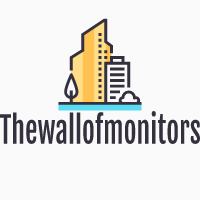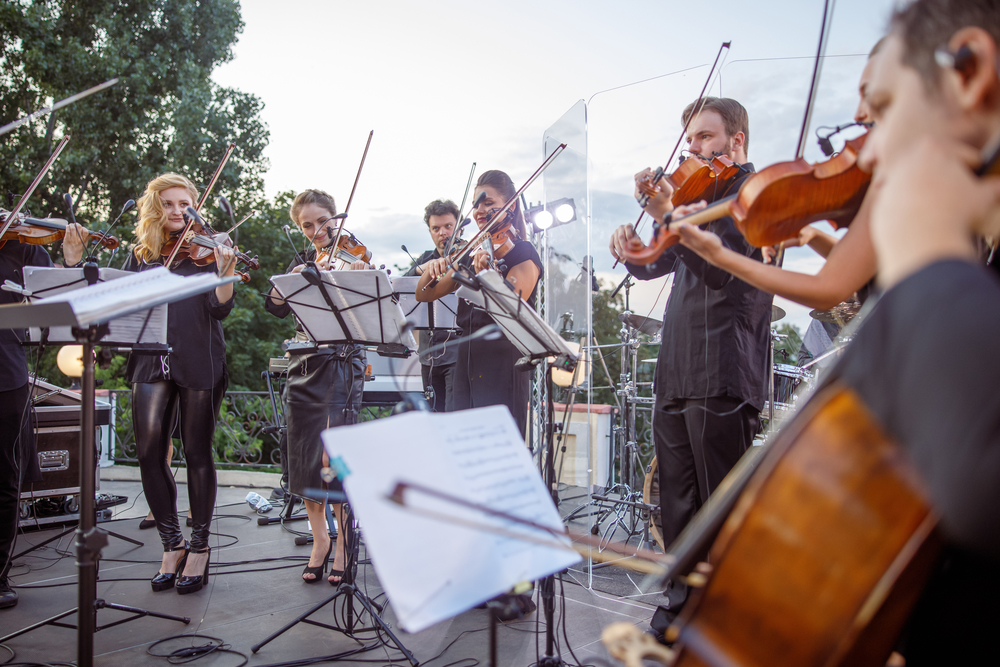From a purely theoretical standpoint, just about anybody can make music with some snappy lyrics and some prerecorded beats. Many an aspiring artist has done just that. But when you are using prerecorded beats, there are licensing issues involved. Anyone hoping to sell their music needs to be incredibly careful to abide by licensing terms.
What is licensing? It is essentially the legal right to use music that someone else wrote, recorded, produced, etc. So the owners of those prerecorded beats license them to artists for use in their own projects. The thing is this: there are multiple kinds of licenses. Below are descriptions of the three main types of licenses and what that may or may not entail.
1. Free and Limited
The first kind of license is the free license. However, rare is the free beat that can be used without restriction by anyone and for any reason. Free beats almost always come with strings attached.
For example, a free beat license may allow personal use only. That would mean you cannot record or perform live with it. Another possibility is a license that allows you to record and perform, but with small snippets of audio that identify the creator placed at various intervals throughout the song.
2. Paid and Limited
Next up are paid beats with limited licenses. Paying is one way to get rid of the advertisement interruptions so that you can record or publicly perform with a clean track. Still, that doesn’t mean unlimited use.
According to the folks at New York-based Supreme Tracks, paid beats with limited licensing generally restrict how many copies can be sold, streamed, etc. before an extra fee is tacked on. Ditto for live performances.
Here’s the kicker: if someone else decides to buy an unlimited license to that same beat, you would be compelled to stop using it. That is because unlimited licenses are almost always exclusive licenses.
3. Exclusive Use
The exclusive use license is obviously the most expensive. However, it gives you exclusive and unlimited use of that particular for as long as the license remains in force. You can record with it as many times as you like. You can perform with it live as well. No one else can legally use the beat as long as you own its license.
As for license length, that depends on the creator. One creator might offer lifetime licenses in exchange for certain royalty payments. That is pretty common. Another artist might grant an exclusive license for five years. After that, the license holder either renews or stops using the license.
Avoiding Legal Trouble
Getting back to the original premise of this post, artists need to be extremely careful about licensing so they don’t get themselves into legal trouble. It might seem harmless to download a free beat and use it like a paid beat with certain limits but doing so could cause big problems if its original creator finds out.
Not only that, but the artist who uses that free beat wouldn’t be happy if someone else took his music and used it without permission. Beat creators feel the same way. They do not take too kindly to other artists taking advantage of their creativity and hard work.
If you are an aspiring recording artist looking for beats to support your lyrics, there are plenty of choices online. Just make sure you pay close attention to licensing. Know exactly what you are allowed to do with any beat you obtain. Prerecorded beats are great, but they aren’t your original music to do with as you please.

